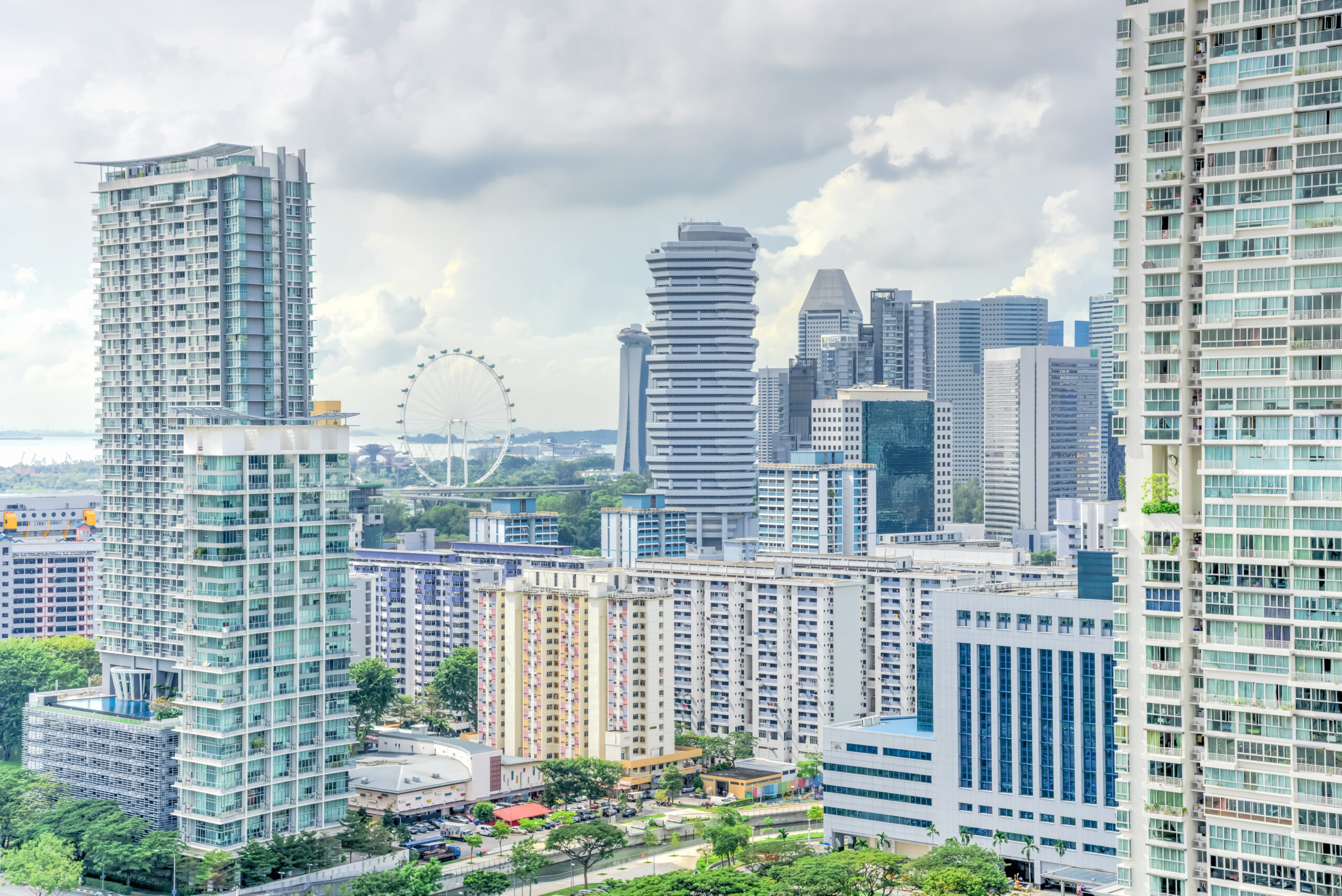Last Updated on 2023-05-05 , 10:37 pm
With costs of living rising, this news of property cooling measures should come as no surprise to you. Basically everything you hear about prices now is related to an increase.
However, most of the population is unlikely to be affected by this unless you own more than one property or are a foreigner.
Some measures have proven to be the most drastic in recent years to cope with the increase in housing supply, which the pandemic had hampered.

Additional Buyer’s Stamp Duty (ABSD)
In a joint statement by the Ministry of Finance (MOF), Ministry of National Development (MND) and Monetary Authority of Singapore (MAS) on Wednesday (26 April) night, it was announced that the ABSD rates would be increased for several groups of buyers.
The increase in ABSD rates will take effect on Thursday (27 April).
This includes people who are buying more than one residential property. Singapore citizens purchasing their second residential property will have to pay an ABSD rate of 20 per cent, up from 17 per cent.
Those buying their third and subsequent residential property will pay an ABSD rate of 30 per cent, up from 25 per cent.

Permanent residents (PRs) will be imposed an ABSD rate of 30 per cent, up from 25 per cent, for their second residential property and 35 per cent, up from 30 per cent, for their third and subsequent residential property.
In the sharpest rise in ABSD in recent years, foreigners will have to pay an ABSD rate of 60 per cent, up from 30 per cent, for any of their residential properties.
Entities and trustees will pay a 65 per cent ABSD rate, up from 35 per cent, for any residential properties.
Data collected in 2022 reflected that the revised ABSD rates would affect about ten per cent of residential property transactions, while 90 per cent of residential properties constitute the first residential property transactions of Singaporeans and PRs whose ABSD rates remain unchanged.
The highest applicable ABSD rate will apply for joint acquisitions by two or more parties of different profiles.
The statement mentioned that those purchasing HDB flats or Executive Condominium units with an upfront remission are not affected by the ABSD if one of the joint acquirers or buyers is a citizen.
Conditions Apply
Married couples with at least one citizen can apply for a refund of the ABSD if they purchase a second residential property.
The conditions are that the couple should sell their first residential property within six months of the purchase of their second if it has already been built or the date on which the Temporary Occupation Permit (TOP) or Certificate of Statutory Completion (CSC) of the second property was issued if it hasn’t been fully built.
There is a transitional provision where ABSD rates before 27 April will apply for some instances.
These include a case where the Option to Purchase (OTP) was granted by sellers to potential buyers on 26 April 2023 and is exercised before 18 May 2023 or within its validity period, depending on which is earlier. The OTP also must not have been varied after 26 April 2023.
The Additional Conveyance Duties for Buyers (ACDB), applicable to qualifying acquisitions of equity interest in property holding entities (PHEs), will be increased from up to 46 per cent to up to 71 per cent.
What Are All These Duties?
If you’ve yet to purchase a house, you may be confused by all the terminology here.
The ABSD is essentially an additional amount paid alongside the Buyer’s Stamp Duty (BSD) which is the tax paid on documents signed when you purchase or acquire property in Singapore.
BSD applies to any documents executed on the transfer or sale and purchase of property in Singapore, according to the Inland Revenue Authority Singapore (IRAS). More details about the ABSD and BSD can be found here.
The ACDB is imposed on Property Holding Entities, entities with at least 50 per cent of its total tangible assets comprising prescribed immovable properties (PIP) in Singapore.
Why Are These Measures in Place?
The statement mentioned that “prices could run ahead of economic fundamentals, with the risk of sustained increase in prices relative to income”, given that competition between locals and foreigners in the residential property market is strong.
Property prices had “shown signs of acceleration amid resilient demand” in this year’s first quarter.
Hence, the rise in ABSD rates has been implemented to “moderate investment demand” in tandem with the government’s efforts to increase the housing supply.
The statement mentions that the supply of private housing on the Confirmed List has been increased to “4,100 for the 1H2023 Government Land Sales (GLS) Programme, from 3,500 in 2H2022”, with 6,300 units injected under the list.
23,000 flats were launched in 2022, and up to 23,000 flats will be launched in 2023, and the government has also “prepared to launch up to 100,000 new flats from 2021 to 2025.”
Although COVID-19 delayed the increase in housing supply, the statement noted that the government has “made good progress to get back on track.” It is anticipated that nearly 40,000 public and private residential properties will be completed in 2023.
The measures were “calibrated to moderate housing demand while prioritising owner-occupation and provide sufficient housing supply.”
So if you are one of those affected, take note.




